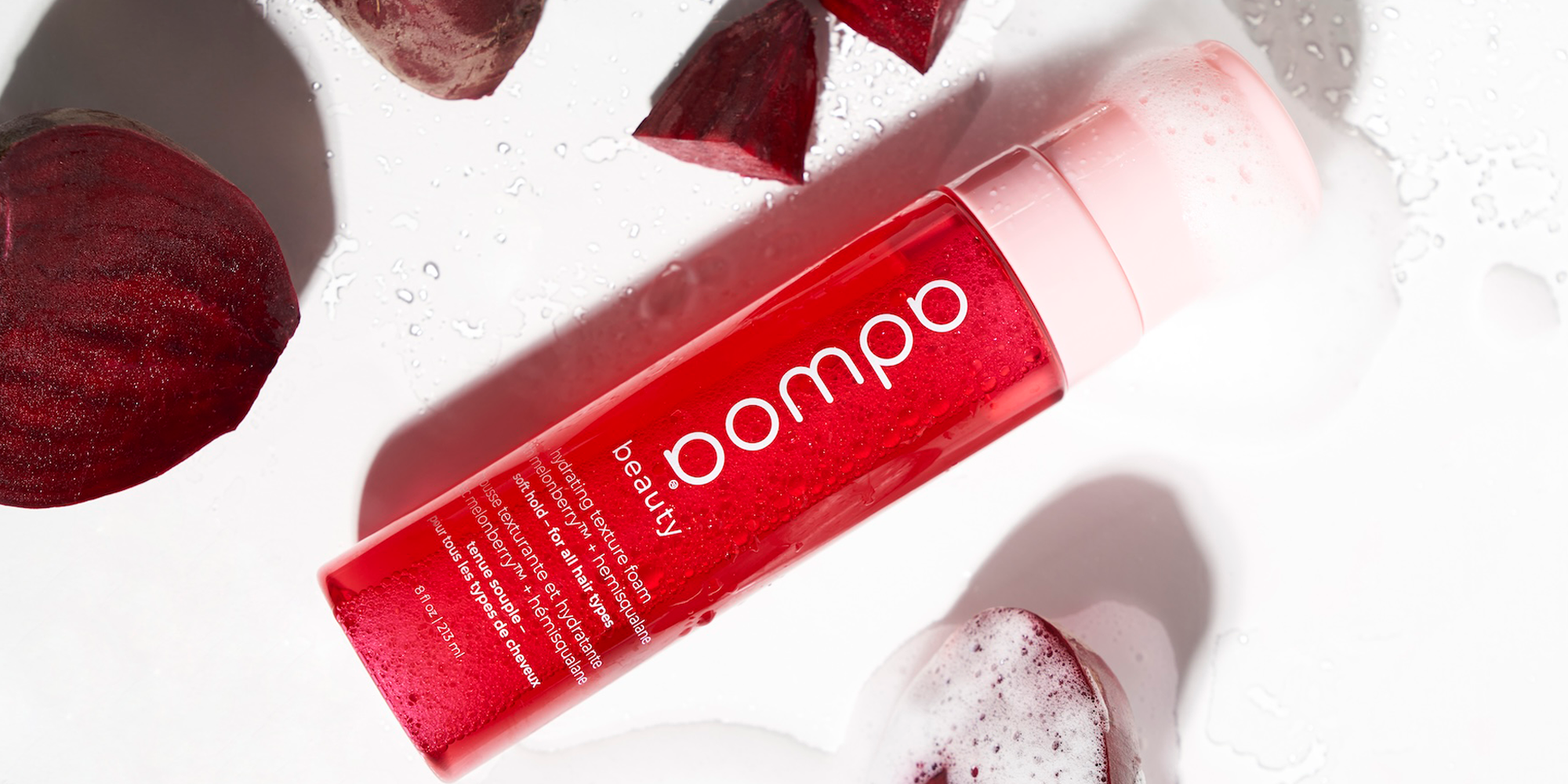
How Adwoa Beauty Navigated A Product Launch Setback And Why It’s Holding Off On Fundraising
Adwoa Beauty founder Julian Addo had already poured over $100,000 into the textured haircare brand’s Melon Berry Hydrating Texture Foam last year when she discovered that the formula was too moisturizing, causing the bottles to malfunction. The launch misstep nearly shuttered the company.
“What happened to Adwoa Beauty could have put us out of business—and probably would have put other Black-owned businesses out of business,” she says. “I’m still trying to recover from it,” she says. “When you’re a smaller brand and capital is tight like it has been for the past year and a half, it’s hard to come back from a flop that big.”
She wrote about the experience in a March 2025 Substack post titled “Why I had to cancel a product launch after two years of work.” In it, she explains that a failed product launch can cost brands anywhere from $100,000 to $1 million “depending on marketing spend, production costs, and lost retail opportunities,” she writes. Sephora, where Adwoa Beauty has been stocked since 2020, had also thrown $55,000 into marketing support. It took Addo around five months to find a new lab and reformulate. The brand lost $3 million in revenue due to the delay.
The brand teased the forthcoming launch in November and Sephora posted it under Adwoa Beauty’s product page before Addo realized the snafu. Comments, DMs and emails poured in over the months asking for updates. She decided a public Substack post was the best way to explain the situation. “I think it’s important for entrepreneurs and consumers alike to really understand what goes into these things,” she tells Beauty Independent. “A lot of times entrepreneurship things don’t go right and majority of your time is spent on problem solving. Your lessons come by way of losing enormous amounts of money and that’s just what it is.”
It’s even harder for indie founders without enormous access to capital. Addo outlines that they don’t always have the luxury of making mistakes along the way. Adwoa Beauty does have access to a chunk of capital. The brand raised $4 million in 2022, nearly five years after its launch in 2017. While Addo doesn’t think she necessarily raised money too early she shares that, if she had to do it again, she wouldn’t fundraise at all.
“When [investors] give you that money, they’re looking for [the brand] to grow exponentially right away, and if you are still testing, if you’re still growing, if you’re still making some early mistakes… like yeah we raised $4 million, but now a big chunk is gone from that $4 million that I can’t use to scale,” she says.
Addo goes on to explain that, if you’re unable to scale at a certain number and go to raise again, it hurts and dilutes the brand. “I think it’s a really dangerous game that a lot of people don’t talk about,” she says. “The nuance in the funding conversation when it comes to Black people is not always there. We romanticize funding and a lot of us go get funding and we find ourselves in a pickle.”
She points to makeup brand Ami Colé on the topic of nuance. The four-year-old brand announced earlier this month that it was shuttering its doors come September. One aspect that Addo thinks people are overlooking in the conversations around its closure isn’t necessarily the lack of funding founder Diarrha N’Diaye-Mbaye received—which amounted to over $3 million from firms like G9 Ventures and angel investors like Hannah Bronfman—but rather the funding infrastructure.
She says, “It’s not that [Diarrha] couldn’t get funding. It’s that the funding infrastructure that we have access to is based on white supremacy. And what I mean by that is it’s not built for a slow build. It’s not built for this new wave of Black entrepreneurs that’s never been in Sephora before, that’s never been in the prestige category. Not only are we building new viable prestige level brands, but our community literally has never seen this from us before at this level.” Addo elaborates that a lot of Black-owned brands occupy shelves at the mass level, and so trying to get customers to shift from spending $10 on a deep conditioner to $44 takes more work and marketing.
“The funding infrastructure that we have access to is based on white supremacy.”
She continues, “I think the conversation should evolve to the structures of funding. How is that funding structured? Is it patient capital? Do investors really understand that I cannot build a hundred million dollar brand in five years, not because of skillset, not even because of team, but because my community has never seen someone that looks like me do that in three to five years?”
The lack of patient capital is part of what led Addo to turn down an offer for additional funding last year. She writes in a separate Substack post that Adwoa Beauty would’ve been “gutted” and “restructured” if she followed through with the deal. She tells Beauty Independent, “When I got the term sheet, I turned it down and we’re suffering because of it, but I’d rather suffer because, had I taken that money, I wouldn’t be here today.”
Addo is foregoing raising more capital for now. “I feel like my capital strategy will be when I am nearing ready to exit,” she says.
In the meantime, she’s working to rebuild her brand to be leaner and smarter. Part of that involves moving to a third-party logistics provider. Up until this point, Addo and her team have handled all of Adwoa Beauty’s shipping logistics. “I did that in the beginning because, one, I wanted to create jobs and, two, because I really had no money to pay a co-packer $5 a box to ship for me,” she says. “So, for me, I could spend all my money on packaging and marketing. But now in order to grow the brand, I need to free up my time. I need to not be doing the mundane.”
What Addo plans on doing with that free time is becoming more forward facing with Adwoa Beauty. She says, ”A lot of people don’t know who I am, they don’t know why I’m here, they don’t know what my credibility is. I didn’t just pop up like a fetus. I’ve been in the haircare industry since 1994. I went to vocational high school in Staten Island and opened my first salon at 20 years old. That story, my story, needs to come out, but in order to be able to tell that story, I have to not be dealing with shipping and packaging.”
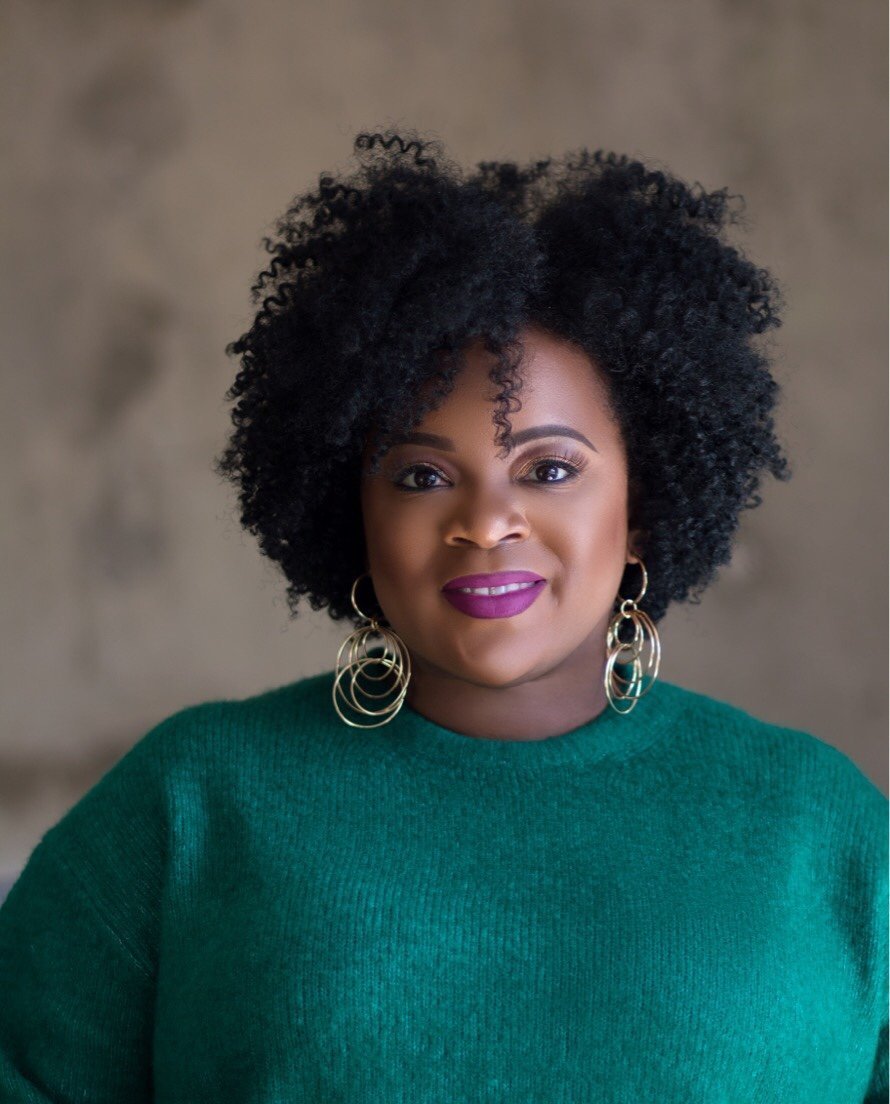
Leaning into culture and storytelling is also going to become a priority for the brand. Adwoa Beauty will soon launch a series sharing textured haircare series from around the world. Sharing culture, which for Addo includes being born in Liberia and growing up in New York City in the ‘90s, is something she stresses more Black-owned brands should be doing. “I feel like there’s so much of our culture that we allow other people to tell and we don’t tell,” she says. “People don’t bake that into their brands. And I honestly think that that’s missing. Because what’s going to happen when you start doing that is you’re going to find your people. You’re going to represent people that have been underrepresented.”
She points to Beyoncé, who has showcased the southern Black American experience via her latest album Cowboy Carter and its subsequent tour, as an example. “She’s giving them a reason to have pride in being Black and being American,” she says. She’s representing them at the highest of levels. And we need more of that. No one has to be Beyoncé, but you can be at that level. You just have to tell your story. All she’s doing is telling her story.”

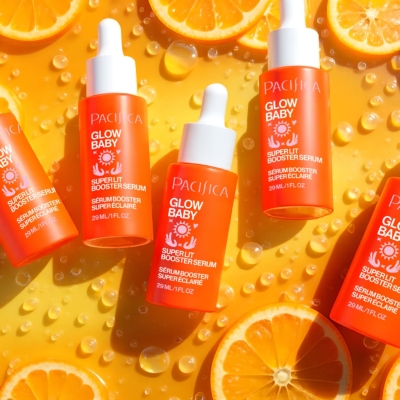
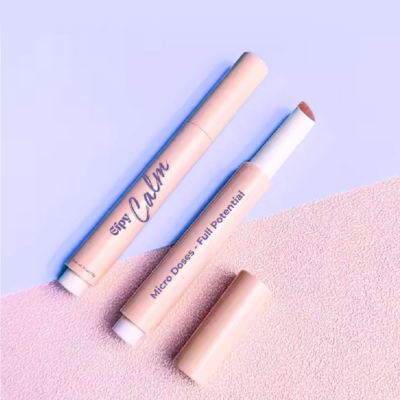
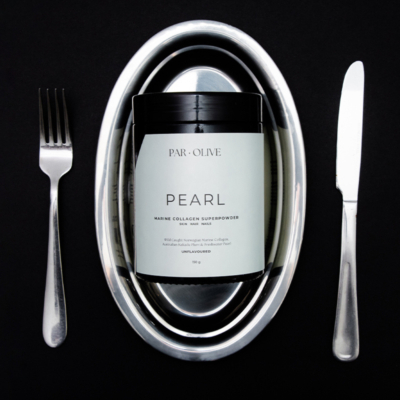
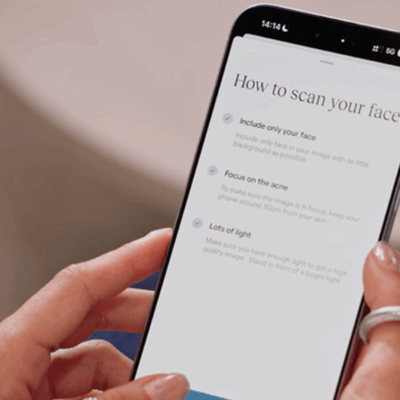
Leave a Reply
You must be logged in to post a comment.